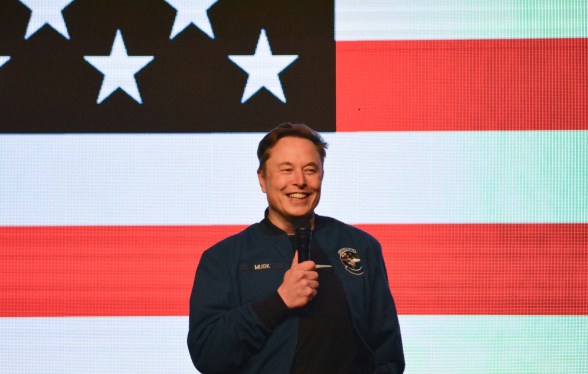Tesla’s board of directors has announced a new compensation package for CEO Elon Musk worth approximately $29 billion in shares. The company cited the intensifying competition for AI talent and Tesla’s position at a critical turning point as key reasons for the payout.
The compensation package is structured under a 2019 Equity Incentive Plan already approved by shareholders, meaning it does not require another vote. However, Tesla plans to propose a long-term CEO compensation strategy for shareholder approval at its annual meeting in November.
Musk’s new pay package could be entirely voided if the Delaware Supreme Court overturns a January 2024 ruling that struck down his previous $56 billion compensation plan. The court had found the 2018 package unfair due to behind-the-scenes negotiations.
Musk has previously warned that he may halt AI and robotics development at Tesla unless he gains more control over the company. His statements came amid a fierce talent war among major AI companies, marked by high salaries and rapid mergers.
Meanwhile, Musk has expanded his own AI venture, xAI, which now owns his social media platform, X. This expansion coincides with declining sales growth at Tesla and reputational challenges linked to Musk’s political affiliations.
Tesla’s board formed a special committee earlier this year, led by chairwoman Robyn Denholm and board member Kathleen Wilson-Thompson, to design the new compensation plan. The approved package grants Musk 96 million shares, vesting over two years, contingent on his continued leadership and a five-year holding period. Unlike his previous award, this plan is not tied to stock performance targets.
At Tesla’s current pre-market trading price, the package is valued at around $29 billion. Musk must pay $23.34 per share, reducing the immediate value to approximately $26.7 billion. Tesla clarified that if the Delaware court reinstates the 2018 package, Musk cannot retain both awards, preventing a “double dip.”
Musk and his brother Kimbal, a Tesla board member, recused themselves from the compensation discussions. The 2018 package was invalidated after a shareholder lawsuit revealed flaws in its negotiation process, including Musk’s undue influence over board decisions.
The court’s decision sparked backlash among Tesla shareholders and prompted the company to reincorporate in Texas, where shareholder protections are less stringent. Despite a shareholder vote reaffirming the 2018 package, the court upheld its ruling in December 2024, rejecting Tesla’s legal arguments as unprecedented.
The new compensation plan reflects Tesla’s efforts to secure Musk’s leadership while addressing past governance concerns. The outcome now hinges on the Delaware Supreme Court’s pending decision.

